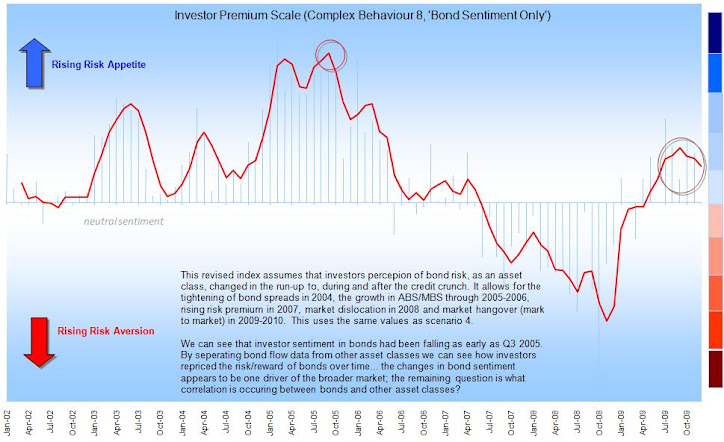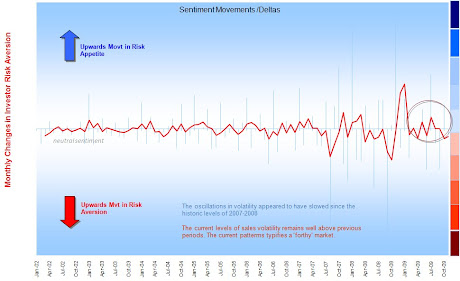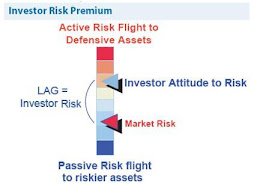"Oh, you decided to read anyway. Strange isn't it? You see a negative headline and you go straight on to read the article below. You may even have clicked on the headline to get here in the first place. Why? You were told not to read it...! Like so many other people you have been lured in by a negative headline.
In spite of what we say about being put off by negativity, the reverse is actually true. We need to focus in on negative things - it's all part of our inbuilt survival. We need to protect ourselves from possible harm all the time, hence we are finely attuned to noticing negatives (potential threats). It means that your website visitors will be attracted to negative headlines more than to positive ones.
And remember, it is the headline that gets them to read. Even if you have enticing images or videos, unless the headline is compelling people don't read on. Eye tracking studies show that people often give-up after reading the headline - largely because they are not interested in what it is telling them.
Typically a good, popular and successful newspaper will spend more resources on the headline writing than it will on the writing of the articles themselves. Headlines make a huge difference to sales and readership in the newspaper business. The two or three words on the front page of The Sun are probably the most expensive words produced each day in the UK because without them working effectively, sales can fall. If those couple of words are right, sales can rise. Hence the newspaper agonises over those words and pays high salaries to the team putting that page together.
So, you need to ask yourself a question. How much effort do you put in to the headlines on your website? And are they focused on attention-grabbing negatives? If you merely used headlines as "labels" - including the ubiquitous "Welcome to our website" - you are not going to attract the levels of readership you want or deserve. Put in considerable effort on headlines and make as many as possible negative - you'll see a significant rise in readership and time spent on your site." Extract from IFALife. http://www.ifalife.com/
I really liked this article on IFALife by Graham Jones (Internet Psychologist) and sums up the conflict between people following news and the business model of media selling news by selling bad stories. It also keys into things I have said in the past such as sensationalism, information volatility and investor 'lag' caused by information and influences. JB




No comments:
Post a Comment
Note: only a member of this blog may post a comment.